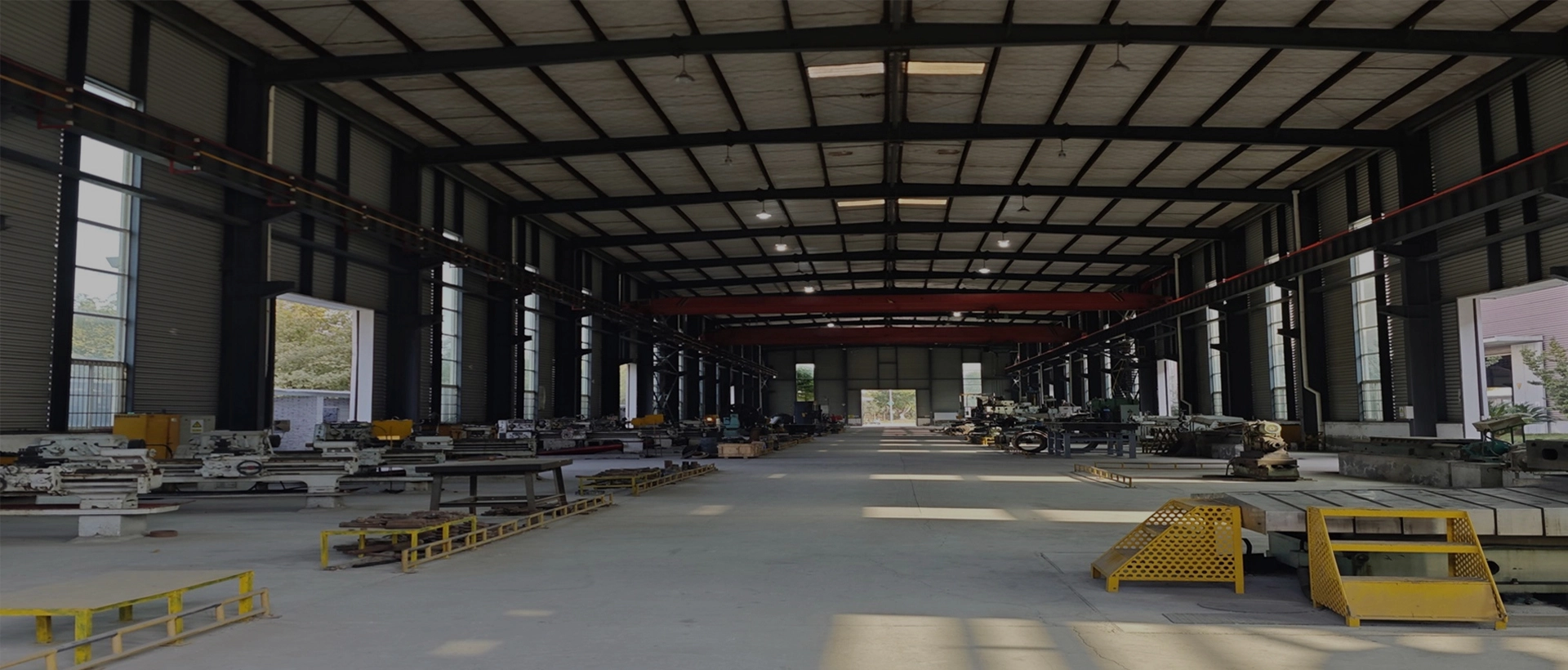Mobile crushing plants and stationary crushing systems serve the same fundamental purpose of crushing and processing materials, yet they offer distinct advantages and limitations based on operational needs and project constraints. Mobile crushers, for example mobile cone crusher, provide unparalleled flexibility and mobility, allowing for on-site crushing which significantly reduces material transportation costs and time. This mobility is particularly beneficial for projects with a limited duration or for sites where the material needs to be processed in multiple locations. On the other hand, stationary crushing systems are known for their high capacity and efficiency, making them ideal for long-term projects with a single, fixed location. These systems can handle a larger volume of material and are typically more cost-effective for operations not requiring equipment mobility. However, the initial setup and dismantling of stationary plants can be time-consuming and costly. In summary, the choice between movable stone crushers and stationary crushing systems depends on the specific requirements of the project, including budget, duration, and material volume, with each offering distinct advantages for different operational scenarios.
The field of mobile crushing has seen significant innovations aimed at enhancing efficiency and promoting sustainability. One of the key advancements is the development of electric-powered mobile crushers, which significantly reduce carbon emissions and operational costs compared to traditional diesel-powered units. As one of stone crusher machine types, these electric crushers offer quieter operation, making them more suitable for urban and residential areas. Additionally, modern mobile crushing equipments are equipped with advanced automation and intelligent control systems. These systems optimize the crushing process, improve operational efficiency, and reduce the likelihood of human error, thereby ensuring consistent product quality.
Another innovation is the integration of dust suppression features, which minimize the environmental impact of crushing operations by reducing airborne particulate matter. Furthermore, the latest models are designed for better fuel efficiency and are made from materials that are easier to recycle at the end of their lifecycle, aligning with global sustainability goals. The use of telematics and remote monitoring technology also allows for real-time tracking of equipment performance and maintenance needs, ensuring optimal uptime and extending the lifespan of the machinery. These innovations not only enhance operational efficiency but also contribute to a more sustainable and environmentally friendly approach to mobile crushing.
The evolution of mobile stone crushers from basic crushing units to multi-functional processing systems marks a significant advancement in the construction and mining industries. Initially, mobile crushers were simple, compact machines designed for basic crushing tasks. However, as technology progressed, so did the capabilities of these machines. Today’s mobile crushers embody sophisticated engineering, capable of a wide range of crushing processes, from primary to tertiary crushing, with precision and efficiency.
Modern mobile crushers, such as tracked jaw crusher for sale, are equipped with advanced features such as adjustable crusher settings, automated control systems, and built-in screening functions. These enhancements allow for the production of various material sizes in a single pass, reducing the need for multiple crushing stages and separate screening units. The integration of GPS and IoT technology enables remote monitoring and diagnostics, ensuring optimal performance and minimal downtime.
Moreover, the latest models are designed with a focus on sustainability, featuring fuel-efficient engines and dust suppression systems to minimize environmental impact. The transformation of portable crushing plants for sale into multi-functional processing units reflects the industry’s move towards more flexible, efficient, and environmentally responsible construction and mining operations.
